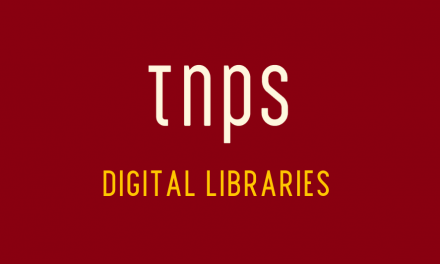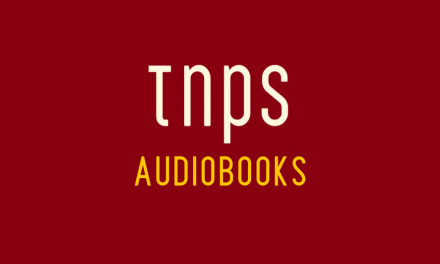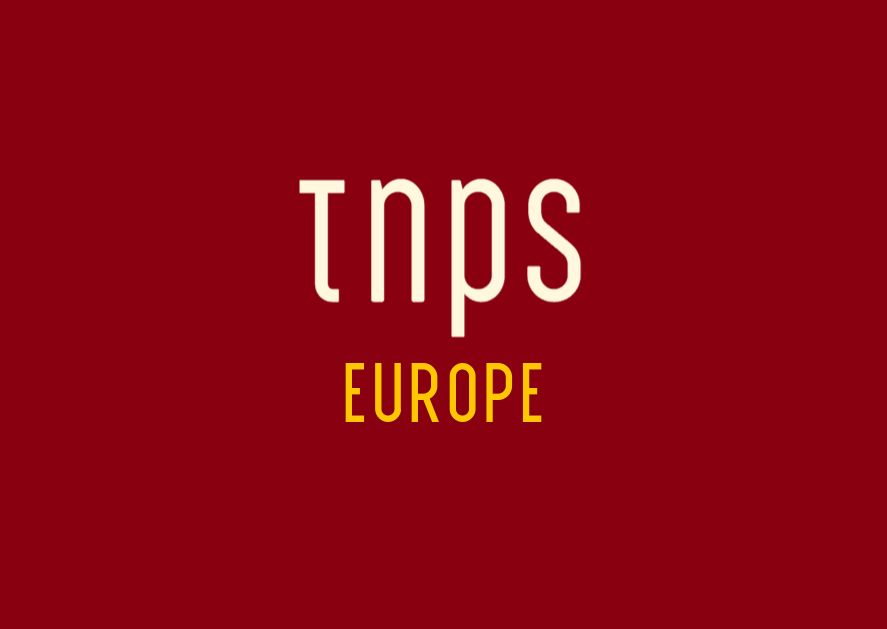It’s not rocket science to see where this might be heading.
We can safely assume the 98 million music titles added to Amazon Prime, along with ad-free podcasts, were not individually negotiated with the rights-holders beforehand. Amazon saw a need to change its model and went ahead and did it.
The reason is clear enough – Amazon wants to put up its Prime subscription fees, and needs to offer the consumer something to justify the cost. An extra 98 million music titles – instead of “only” 2 million previously on offer – will certainly help.
Of course it’s not just about the Prime price going up. It’s about Spotify moving in on the US audiobook market (launches in other English-speaking markets now imminent), an arena Amazon considers its own.
And therein lies the problem. Publishers saw in Spotify a chance to spread the audiobook risk and reduce reliance on Amazon-owned Audible by giving Spotify their audiobook catalogues, subject to a la carte sales. Spotify went along with the game, as did Storytel with its buy-out of Audiobooks.com. Spotify may be big, but when it comes to audiobooks it’s the new kid on the block with no track record. Spotify played the publisher’s game. As did Storytel.
So Spotify has lots of music customers but only a handful of audiobook customers, who have to pay retail price.
Now Amazon wants to not knock a hole in Spotify’s music consumer base by first making Prime Music a meaningful competitor to Spotify Music by adding 98 million new titles, and at the same time to make Prime Music potentially worth ditching Spotify and Apple for, because of the other benefits that come with the Amazon package. No, Jeff Bezos may not be running the show any more, but old habits die hard. Play to the consumer, no matter the cost to the supplier.
That of course is something publishers know all about. The history of Amazon is the history of publishers being squeezed until the pips squeak to make consumers happy and to make Jeff Bezos rich. And that’s fine. It’s what business is all about.
For Daniel Ek at Spotify it’s just one more headache to add to the spat with Apple.
But there are wider implications for publishing, and 2022 is proving to be an especially challenging year for the publishing industry.
Many will be rejoicing at the Justice Department’s decision to halt the Simon & Schuster sale to PRH after PRH CEO Markus Dohle so passionately objected to foreign money pouring into US publishing. (No, hold on. It was Swedish money that was the problem. German cash was fine.) But the PRH plans being stayed is a small respite.
Alongside supply chain woes, the AAP’s US print numbers are not as impressive as they once were, digital and self-publishing is eating into print market share no matter how many times Markus Dohle tells us otherwise, and there is a feeling of tangible uncertainty in the industry as we head into the festive sales bonanza and, more importantly, into the cold light of 2023 when consumers will be more concerned about keeping warm than buying books..
The latest move by Amazon adds to that uncertainty.
If Amazon will throw its music catalogue into Prime simply because it can, how long before audiobooks or ebooks are added too?
What will the publishers do then? Pull their titles? And then sell them where? For most publishers, the rival ebook and audiobook players in the US cannot begin to make up for the loss of the Amazon platform. Publishers long since handed Amazon the keys to the ebook gateway. The stubborn refusal of certain corporate giants to entertain all subscription options just makes Amazon all the stronger.
At a time when Amazon is facing its own retail challenges as the unofficial recession bites – just look at the way shares plummeted when Amazon lowered forecasts for this “holidays” period – the behemoth will be looking at all options to keep consumers spending cash with it rather than elsewhere.
The latest move against Spotify and Apple is part of that game.
And let’s remember Amazon has been softening up public perception of all-you-can-eat for years with Kindle Unlimited and this past year with unlimited audiobook options across many markets through its Audible Plus options.
It’s not rocket science to see where this might be heading.






Thank you, Mark.